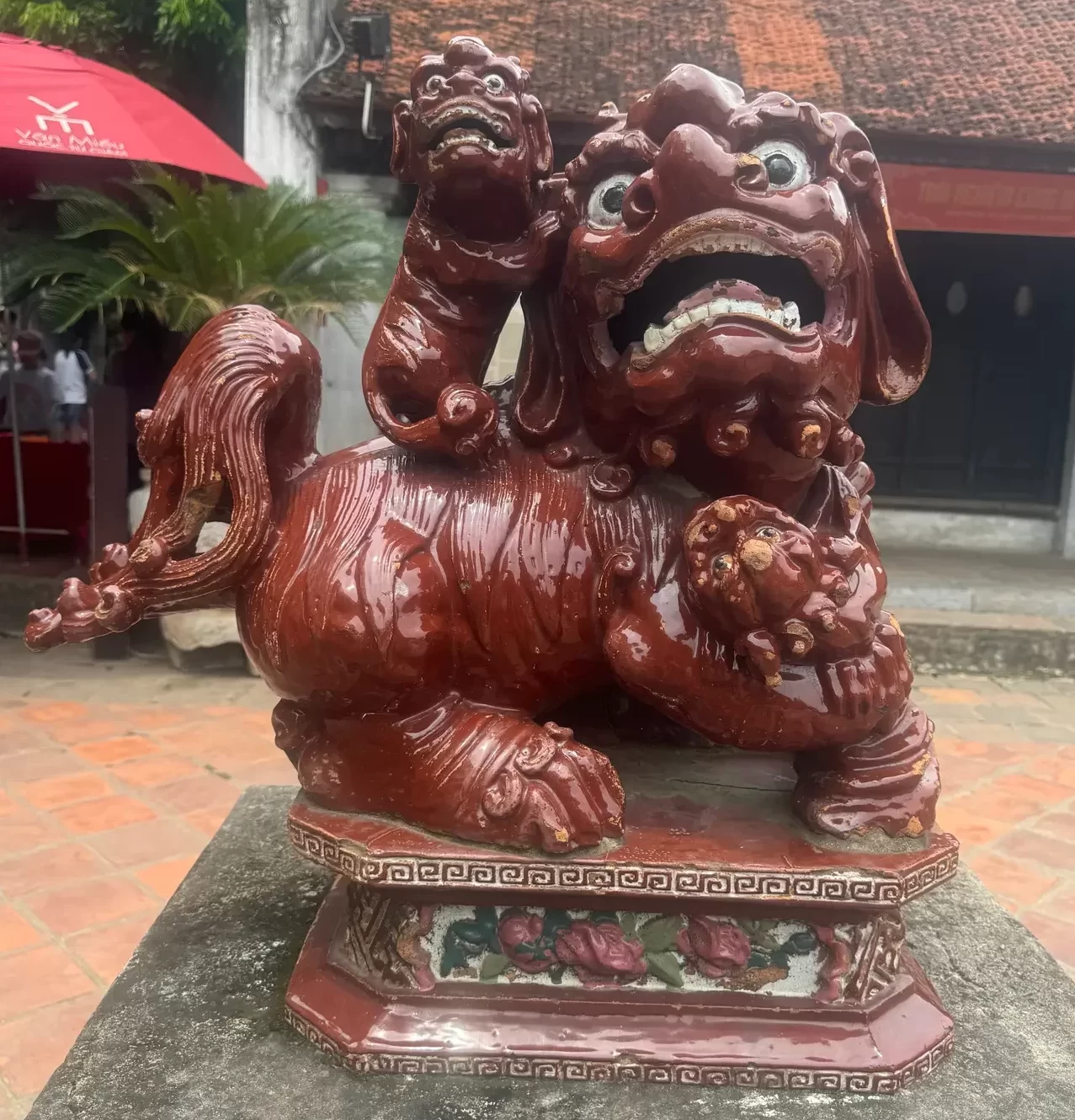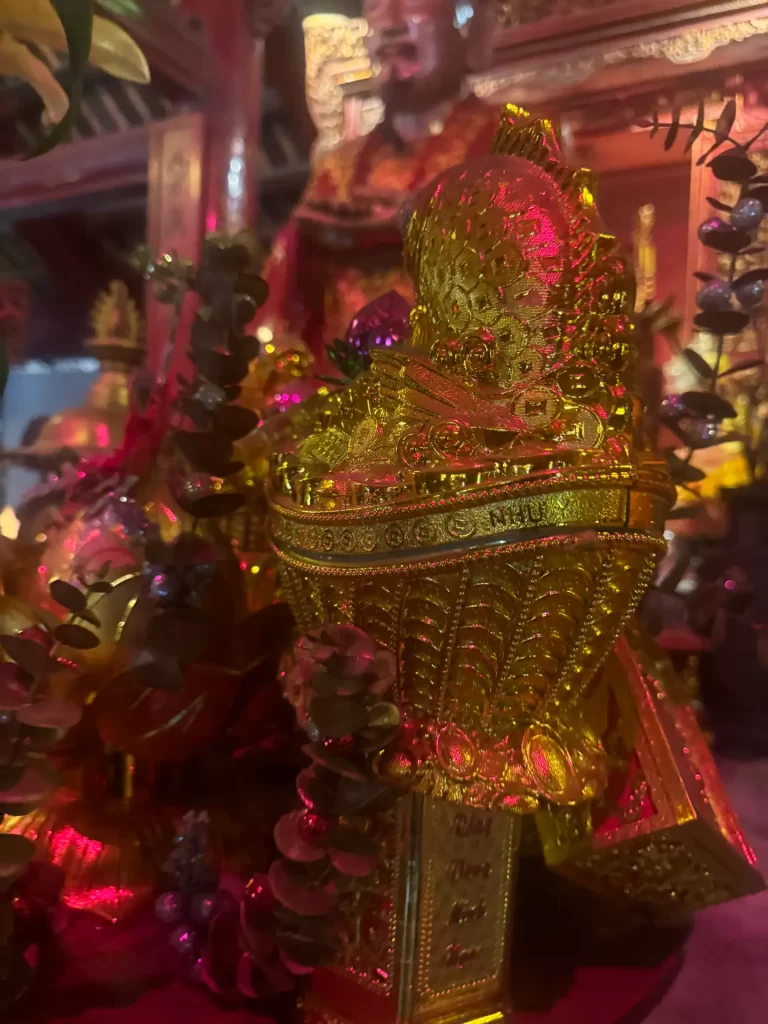


“Feng” means wind
“Shui” means water
Feng shui is a 3,000-year-old Chinese art and science. The words “feng” and “shui” literally translate to “wind” and “water,” respectively. Wind and water are both seen to be beneficial to one’s health in Chinese culture. As a result, feng shui has come to represent luck. Chi refers to the concept that land is alive and full of energy, which is based on the Taoist view and knowledge of nature.

Humans and their surroundings interact in feng shui. It allows you to control these intertwined energy in order to attain certain life goals. This power is obtained by placing or structuring your environment in accordance with natural energy flow principles. Feng shui explains how to balance the energy of any given area in order to ensure the health and prosperity of individuals who live there.
When humans construct structures, place furniture and goods, and even their bodies, these sets of principles for spatial arrangement and orientation are taken into account. It provides a distinct perspective on these components while also bringing balance, comfort, and harmony to your surroundings. The compass and the bagua are two of the most important feng shui instruments. The bagua, or energy map, is an octagonal grid that contains symbols from the I Ching, the ancient oracle that feng shui is founded on. The Compass, also known as the Luo-Pan, is utilised to get access to a building’s inner knowledge.
Copyright © 2025 Divine remedy Research Centre. All Right Reserved. Devloped By WebExpertInfoTech